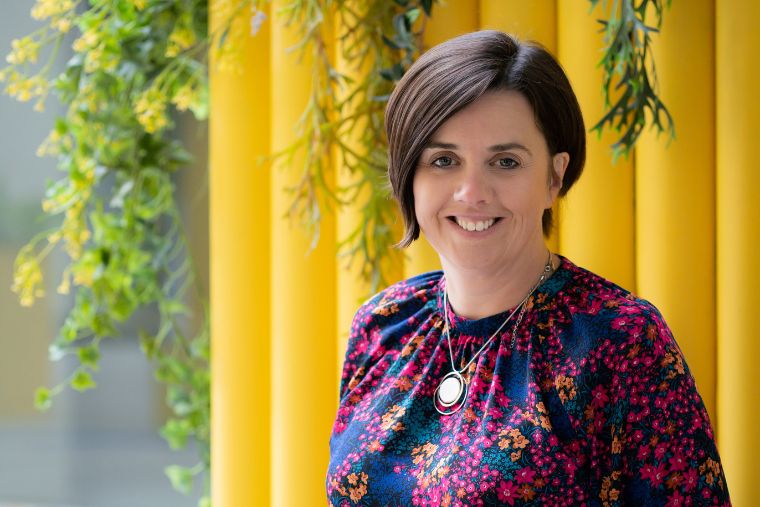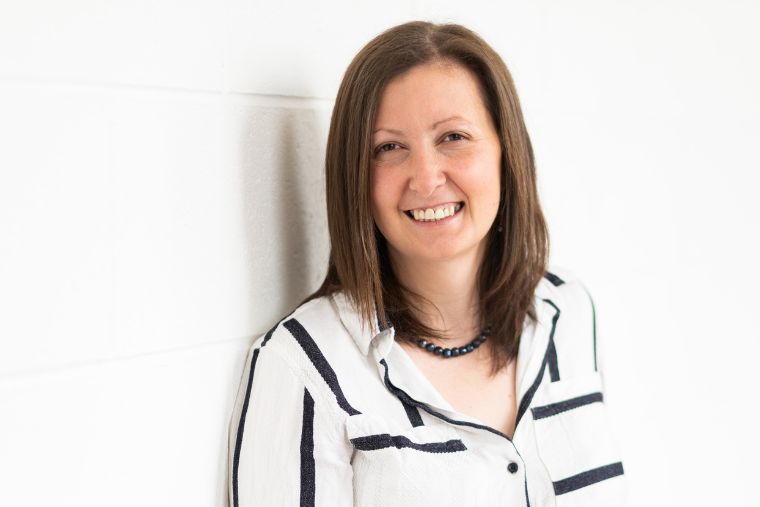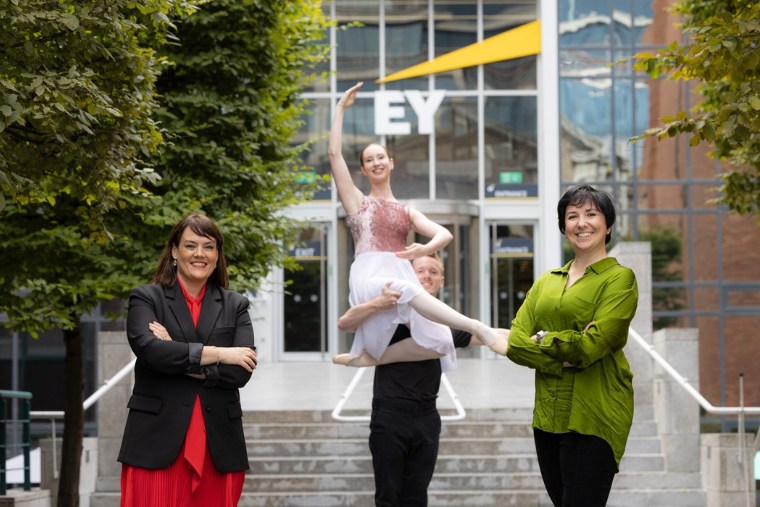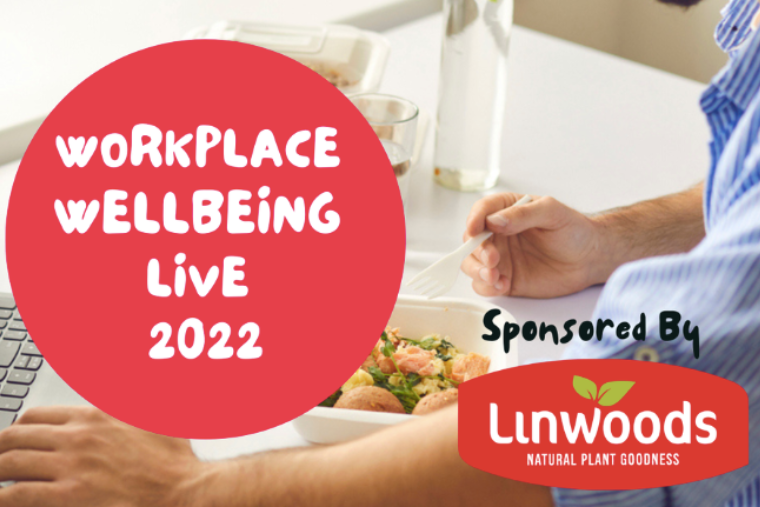How to Build Up a Property Portfolio
Are you getting into property development? Well, there are a whole number of things you need to do, and certain steps you need to take to do it right!
Wednesday 24 August 2016
Are you getting into property development? Well, there are a whole number of things you need to do, and certain steps you need to take to do it right! Here’s a quick guide to the basics, helping you to ensure you’re setting everything up properly and making a wise investment with your hard earned money.
Come up with a business plan
The first and most important thing you can do is develop a business plan for your property portfolio. It’s a boring and often challenging thing to do, which is why so many people skip it! But, that’s also the reason so many amateur property developers fail. Set yourself SMART goals about what you want to achieve, and identify how you’re actually going to do it.
Figure out your finances
Next, work out how you’re going to pay for everything. Most people think they can snap up a bargain, do a bit of work and sell it on for a huge profit, but it simply isn’t that black-and-white. Being a property developer requires having lots of money, and you need to make sure that you’re able to afford whatever you’re borrowing. Check out things like the stamp duty threshold, what kind of mortgage you can secure and the amount of tax you’ll need to pay before you so much as view a potential investment.
Decide whether you’re buying to sell, or buying to let
Then, make up your mind about whether you’re going to buy a property to sell on or rent out. There are pros and cons to both, and you’ll need to do some careful calculations to work out what the best option is for you. Buy to let is probably going to offer you a long-term strategy that keeps providing you with an income, but you’ll have to pay income tax on that kind of an investment. Alternatively, buying and selling offers you an opportunity to raise capital and get properties off your hands: but, you’ll have to be good at judging an ever-fluctuating market to make sure you’re making the most money possible, and you’ll also need to pay capital gains tax.
Make location your priority
If you’ve watched enough property development TV, you’ll know it’s all about location, location, location. Buying in a location that’s already very desirable could cost you too much, so focus your efforts on spotting up-and-coming areas where you’ll be able to buy cheap and make a healthy profit. This is what professional property developers (such as the likes of http://www.firsturban.co.uk/) do to ensure their investments are safe, so take a leaf out of their book and see if you can spot areas of growth or places that are undergoing gentrification. Stay ahead of developments and property news by tracking events via First Urban Group's social media accounts.
Don’t pay more than you have to
Do proper market research before you make an offer on a property or a piece of land: check out property portals to help you find out how much other properties sell and rent for in the area you’re considering, and remember that information held on the Land Registry is publicly available. It’s important you don’t pay more than you have to as doing so will ultimately affect your profit margin.
Tailor your property for your buyers or renters
Finally, when you’re designing and decorating your property, think about who might be moving into it. For instance, families will appreciate fewer bedrooms if the ones they do have are generously sized with plenty of storage. Young professionals renting out your property will expect to do little in the way of cleaning and maintenance, but they will expect a few basics such as a modern kitchen and bathroom and perhaps a parking space. Keep your customers in mind when you’re making choices about how you’re developing properties and you’ll find it much easier to sell on or rent.
Wednesday 24 August 2016



 Contact us
Contact us
 Share on social
Share on social Share with a friend
Share with a friend Facebook
Facebook LinkedIn
LinkedIn
 Twitter
Twitter




















 Get in touch with us
Get in touch with us